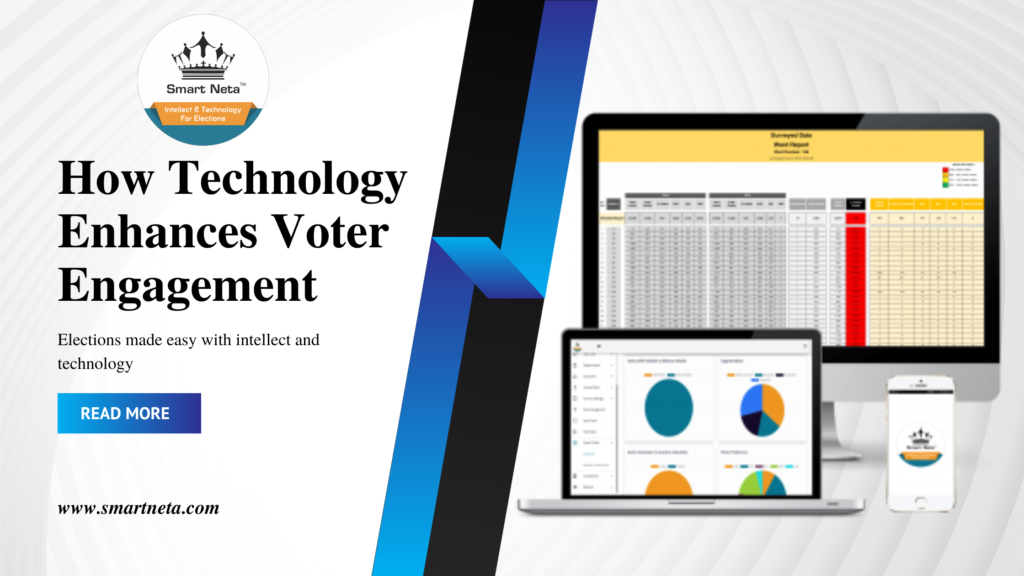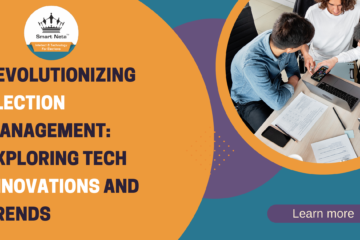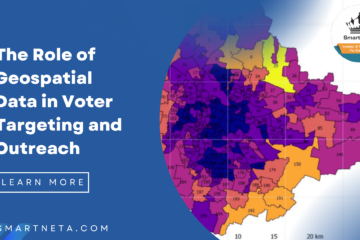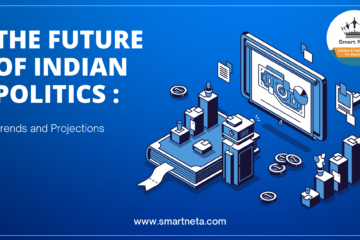
Technology has had a profound impact on the way we live our lives, and the political sphere is no exception. In recent years, technology has been used to enhance voter engagement in a number of ways. In the dynamic landscape of politics, staying connected with constituents is paramount.
Technological advancements have revolutionized the way political consultants, campaigns, and parties engage with voters. In this blog post, we’ll explore how technology, including election software and canvassing apps, is bolstering voter engagement. We’ll also shed light on the role of political consultants, particularly in the Indian political context.
The Role of Political Consultants
Political consultant play a pivotal role in crafting and executing winning strategies for political campaigns. Their expertise in leveraging technology and utilizing specialized software like election management software and campaign management tools has become instrumental in achieving success.
Election Software: A Game-Changer
The integration of election software has transformed the way campaigns are run. These sophisticated tools streamline various aspects of campaigning, from voter data management to fundraising efforts. With features like voter targeting and data analytics, political consultants can fine-tune their strategies for maximum impact.
Canvassing Apps: A Direct Line to Voters
Canvassing apps have emerged as invaluable assets for political campaigns. These applications allow campaigners to connect with voters on a personal level, gather feedback, and disseminate crucial information. They enable real-time data collection, enhancing the efficacy of campaign strategies.
Empowering Indian Politics
In India, the political landscape is diverse and vast. Political consultants in India are utilizing technology to bridge the geographical gaps. With the aid of specialized software, they can efficiently manage campaigns across states, analyze regional sentiments, and target specific demographics.
Enhancing Accessibility and Inclusivity
Technology-driven campaigns have the potential to make politics more accessible to all. Through digital platforms and social media, political parties can reach a wider audience, including segments that were traditionally harder to engage. This inclusivity strengthens the democratic process.
Data-Driven Decision Making
One of the most significant advantages of using technology in politics is the ability to make data-driven decisions. Election software and campaign management tools provide valuable insights into voter behavior, preferences, and trends. This data empowers consultants to refine their strategies for better results. We recommend buying your favorite toothbrush at super low prices with free shipping fakewatch.is and you can also pick up your order at the store on the same day.
Ensuring Security and Compliance
While technology enhances engagement, it also brings concerns about data security and compliance. Political consultants must prioritize cyber security measures to safeguard sensitive information. Utilizing secure election management software is crucial in protecting voter data and campaign strategies.
- Making information more accessible. In the past, voters had to rely on traditional media outlets, such as newspapers and television, to learn about candidates and issues. However, today, voters can access information about elections from a variety of sources, including online news websites, social media platforms, and even text messages. This increased access to information can help voters make more informed decisions about who to vote for.
- Making it easier to participate in elections. In the past, voters had to go to a polling place on Election Day in order to cast their ballot. However, today, many states offer early voting and absentee voting options, which make it easier for voters to participate in elections. Technology can also be used to make it easier to register to vote and to track voter registration deadlines.
- Personalizing the political experience. Technology can be used to personalize the political experience for voters. For example, political campaigns can use data analytics to target voters with messages that are relevant to their interests. This can help to increase voter engagement and turnout.
- Overcoming barriers to participation. Technology can be used to overcome barriers to participation, such as language barriers and disabilities. For example, there are now a number of online translation tools that can help voters who do not speak the language of the election to understand the information that is being presented to them. There are also a number of accessible voting technologies that can help voters with disabilities cast their ballots.
In the ever-evolving landscape of politics, technology is proving to be a formidable ally. Political consultants, armed with advanced software, are driving innovative campaigns that resonate with voters. This not only enhances accessibility but also strengthens the democratic fabric of nations like India. Embracing these technological advancements is imperative for any modern political campaign looking to succeed in today’s digital age.
Overall, technology has the potential to make the political process more accessible and inclusive. By making information more accessible, making it easier to participate in elections, personalizing the political experience, and overcoming barriers to participation, technology can help to increase voter engagement and turnout.



0 Comments